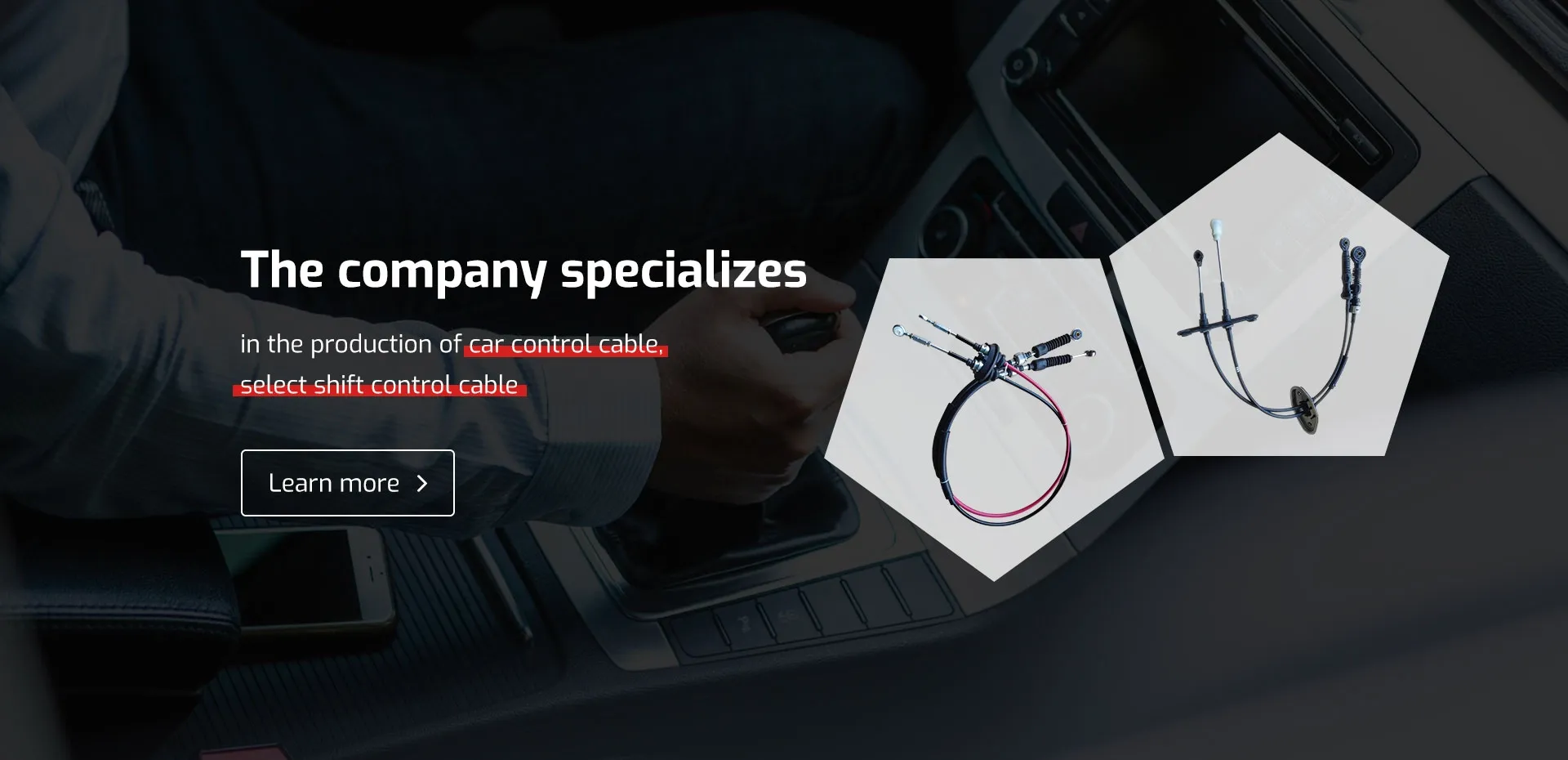adjusting throttle cable
Adjusting Throttle Cable A Comprehensive Guide
The throttle cable plays a crucial role in the performance of your vehicle. It connects the accelerator pedal to the engine's throttle body, enabling the driver to regulate engine power and speed. Over time, however, this cable may stretch or become misaligned, potentially leading to sluggish acceleration, erratic engine response, or even stalling. Therefore, it’s essential for vehicle owners, particularly those who enjoy maintaining their own cars, to know how to properly adjust the throttle cable.
Understanding the Throttle Cable
The throttle cable is a simple yet vital component that translates the driver's input when the accelerator pedal is pressed. This action opens the throttle, allowing air and fuel to enter the engine, which ultimately propels the vehicle. A well-adjusted throttle cable ensures a responsive and smooth driving experience.
Signs of a Misaligned Throttle Cable
Before proceeding with the adjustment, be aware of the signs that indicate a misaligned throttle cable. If you notice that your vehicle hesitates when accelerating, if the engine revs unexpectedly, or if the accelerator pedal feels too loose or too tight, these could be indicators of a cable that needs adjustment.
Tools Required
To adjust the throttle cable, you will need a few basic tools - A wrench or socket set - A screwdriver - A measuring tape or ruler - A pair of pliers (optional)
Adjustment Process
adjusting throttle cable

1. Locate the Throttle Cable The first step is to find the throttle cable, which is typically located near the engine and connected to the throttle body.
2. Inspect the Cable Before making any adjustments, visually inspect the cable for any signs of wear or damage. If the cable shows significant wear, consider replacing it.
3. Loosen the Adjuster Using a wrench, carefully loosen the adjuster nut on the cable. This nut is usually found where the cable attaches to the throttle body or at the other end near the pedal.
4. Adjust the Cable Tension Pull the cable slightly to remove any slack, ensuring that it is taut but not overly tight. The ideal tension allows the throttle to return fully when the pedal is released.
5. Check the Throttle Movement Have someone press the accelerator pedal down while you observe the throttle plate’s movement. The throttle should open smoothly without any binding or hesitation.
6. Tighten the Adjuster Once you’re satisfied with the tension, secure the adjuster nut back in place. It is essential to ensure that it’s tightly fastened to prevent any future slippage.
7. Test Drive Finally, take your vehicle for a test drive to ensure that the throttle responds appropriately and that the adjustment has improved performance.
Conclusion
Adjusting the throttle cable is a straightforward yet essential maintenance task that can significantly impact your vehicle's performance. By following these steps and regularly inspecting your vehicle, you can ensure a safer and more enjoyable driving experience. Remember, when in doubt, consult a professional mechanic to avoid potential issues.
-
Upgrade Your Vehicle with High-Quality Handbrake CablesNewsNov.01,2024
-
Optimize Your Bike's Performance with Quality CablesNewsNov.01,2024
-
Enhance Your Vehicle's Performance with Quality Clutch ComponentsNewsNov.01,2024
-
Elevate Your Vehicle's Performance with Quality Throttle CablesNewsNov.01,2024
-
Elevate Your Vehicle's Performance with Quality CablesNewsNov.01,2024
-
Affordable Solutions for Your Cable NeedsNewsNov.01,2024
